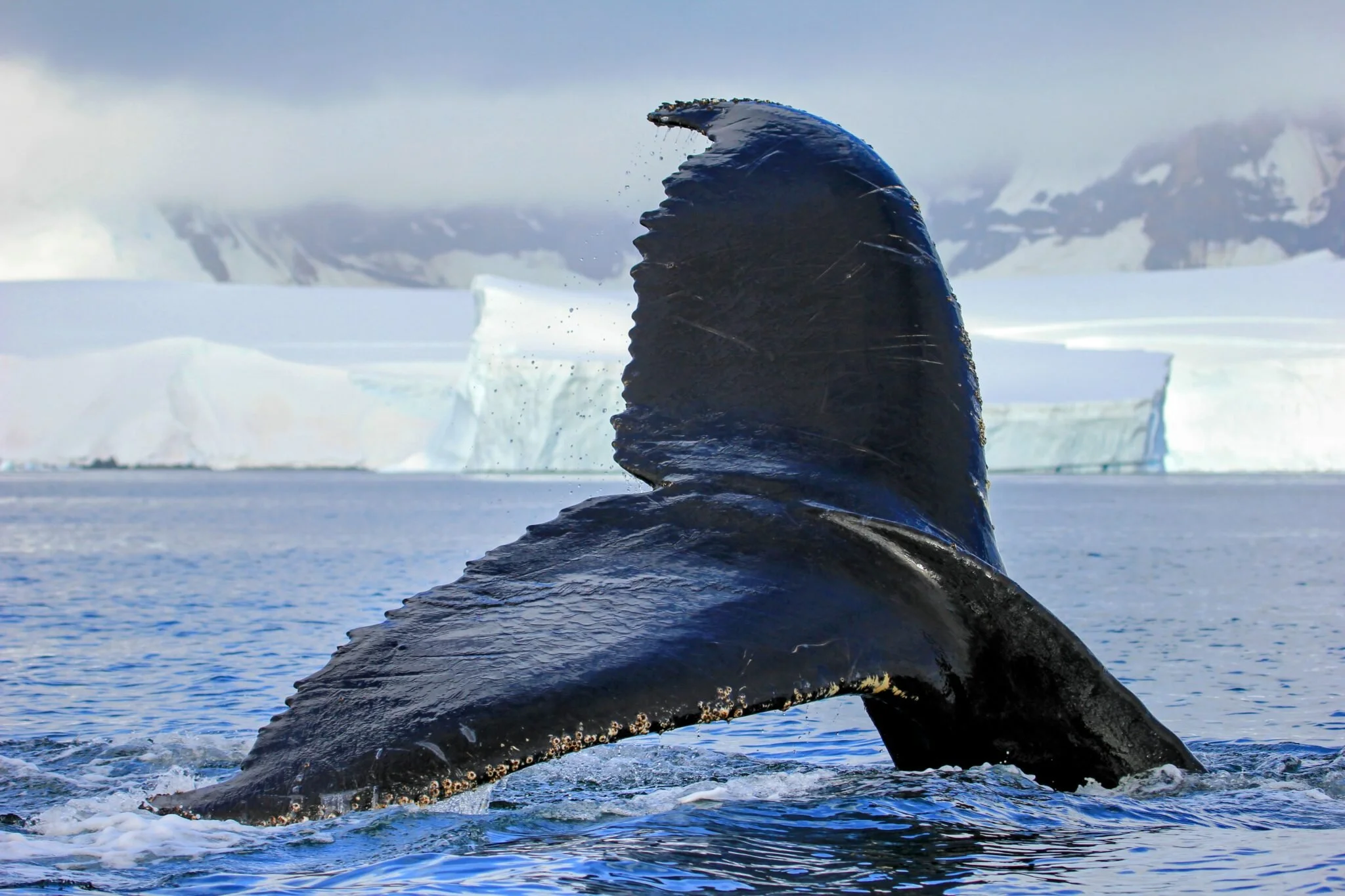‘Doomsday glacier,’ which could raise sea level by several feet, is holding on ‘by its fingernails,’ scientists say
CNN
By Angela Fritz
Antarctica’s so-called “doomsday glacier” – nicknamed because of its high risk of collapse and threat to global sea level – has the potential to rapidly retreat in the coming years, scientists say, amplifying concerns over the extreme sea level rise that would accompany its potential demise.
The Thwaites Glacier, capable of raising sea level by several feet, is eroding along its underwater base as the planet warms. In a study published Monday in the journal Nature Geoscience, scientists mapped the glacier’s historical retreat, hoping to learn from its past what the glacier will likely do in the future.
Our underwater future: What sea level rise will look like around the globe
They found that at some point in the past two centuries, the base of the glacier dislodged from the seabed and retreated at a rate of 1.3 miles (2.1 kilometers) per year. That’s twice the rate that scientists have observed in the past decade or so.
That swift disintegration possibly occurred “as recently as the mid-20th century,” Alastair Graham, the study’s lead author and a marine geophysicist at the University of South Florida, said in a news release.
Read full story here






